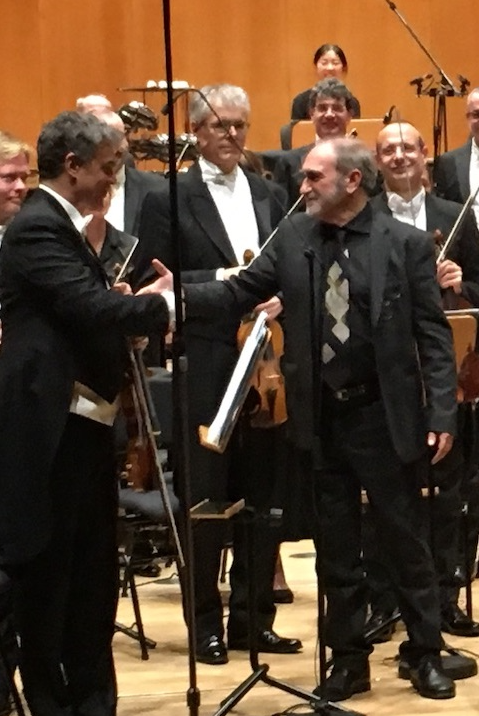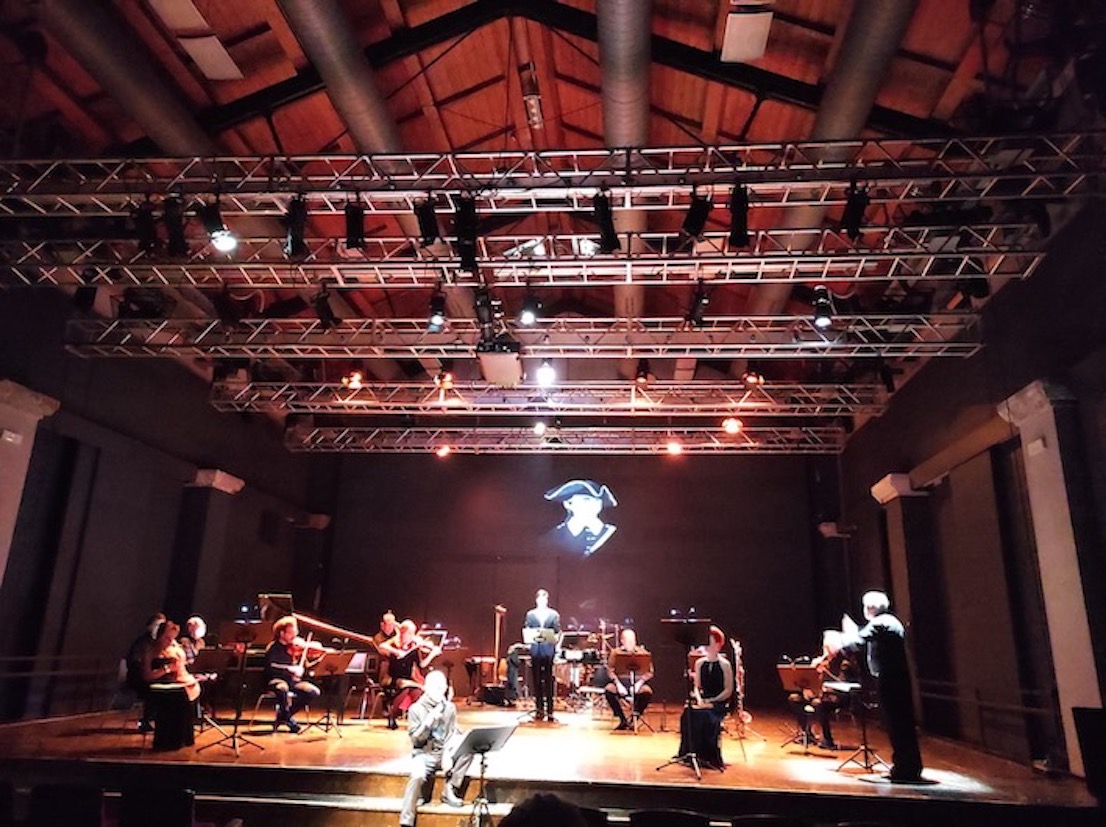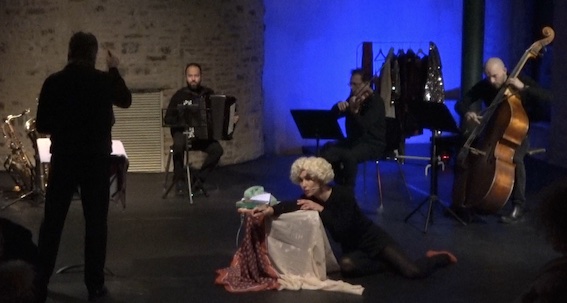Mauro Cardi (Rome, 1955) studied at the Santa Cecilia Conservatory with Guido Turchi, Gino Marinuzzi jr. and Irma Ravinale, graduating in Composition, Choral Music and Choral Conducting and Instrumentation for Wind Orchestra. In 1980 he obtained his first teaching position at the "Alfredo Casella" Conservatory of Aquila. He is a founding member of the Testaccio Music School, where he taught until 1998 and then again from 2018 to 2020.
In 1982 he achieved his first recognition by winning the Valentino Bucchi International Prize with Melos, for soprano and orchestra.
Fundamental is his encounter with Franco Donatoni, with whom he perfected his studies at the Chigiana Academy of Siena and the National Academy of Santa Cecilia. If the works of the early '80s are affected by Donatonian influence, Mauro Cardi, who also dedicated an extensive analytical essay to Franco Donatoni, published in the magazine Suono Sonda, soon reaches a personal stylistic code by addressing "towards musical forms modeled on timbric intuitions and sound images, with sudden expressive abandonments"(1) "which converge a natural propensity towards a contrapuntal approach to writing and, finally, a playful dimension of composing, exercised by a fascination for logic and the symbolic value inherent in numbers". (2) (3)











